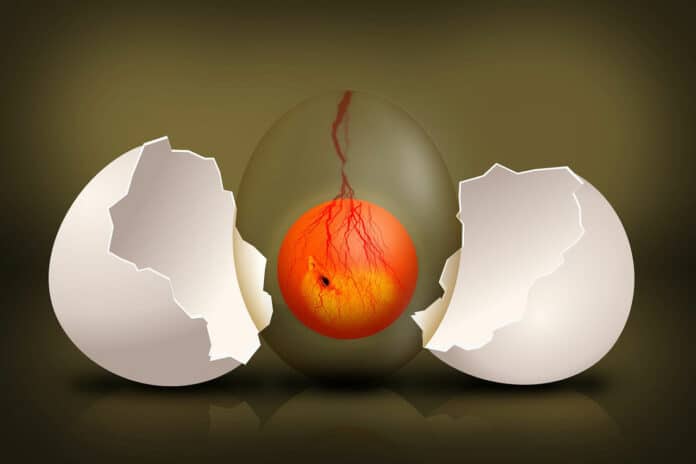The generation times of our recent ancestors can tell us about both the biology and social organization of prehistoric humans. This helps in placing human evolution on an absolute time scale.
It is generally accepted that current generation times have persisted for hundreds of thousands of years or that studies of current hunter-gatherer (forager) societies provide representative generation times across the course of human history to convert these population genetic estimates into absolute time.
However, neither presumption is probably true: While modern hunter-gatherer societies differ significantly from one another and earlier societies, the average age at which men and women have children depends on a variety of environmental, demographic, and cultural factors that can alter quickly. It is also clear that generation times have evolved among the great apes and may have evolved along the branch leading to modern humans. More excellent resolution through time is possible by examining the mutations that originated at specific times in the past, together with a model that accurately predicts the generation times of individuals producing those mutations.
The average age at which men and women gave birth throughout human development can now be ascertained by Indiana University researchers using a novel technique they devised utilizing DNA mutations. This work could help us understand the environmental challenges experienced by our ancestors. It also helps predict future environmental change’s effects on human societies.
Study co-author Matthew Hahn, Distinguished Professor of biology in the College of Arts and Sciences and computer science in the Luddy School of Informatics, Computing, and Engineering at IU Bloomington, said, “Through our research on modern humans, we noticed that we could predict the age at which people had children from the types of DNA mutations they left to their children. We then applied this model to our human ancestors to determine what age our ancestors procreated.”
The study revealed that the average age that humans have had children throughout the past 250,000 years is 26.9. Furthermore, fathers were consistently older, at 30.7 years on average, than mothers, at 23.2 years on average. However, the age gap has shrunk in the past 5,000 years, with the study’s most recent estimates of maternal age averaging 26.4 years. The shrinking gap is primarily due to mothers having children at older ages.
The scientists discovered that parental age has not increased constantly over time and may have even decreased around 10,000 years ago due to population growth occurring at the same time as the development of civilization, with the exception of the recent uptick in maternal age at childbirth.
IU post-doctoral researcher Richard Wang said, “These mutations from the past accumulate with every generation and exist in humans today. We can now identify these mutations, see how they differ between male and female parents, and how they change as a function of parental age.”
Scientists developed a model that uses the spectrum of de novo mutations as a predictor of parental age. By coupling this model with variants whose ages have been estimated from genome-wide genealogical information, scientists could separately estimate the male and female generation times at many different points across the past 250,000 years.
Wang said, “The story of human history is pieced together from various sources: written records, archaeological findings, fossils, etc. Our genomes, the DNA found in every one of our cells, offer a kind of manuscript of human evolutionary history. The findings from our genetic analysis confirm some things we knew from other sources (such as the recent rise in parental age) but also offer a richer understanding of the demography of ancient humans. These findings contribute to a better understanding of our shared history.”
Other co-authors of the study include Samer I. Al-Saffar, a graduate student at IU at the time of the study, and Jeffrey Rogers of the Baylor College of Medicine.
Journal Reference:
- R. Wang, S. Al-Saffar, et al. Human generation times across the past 250,000 years. Science Advances. Paper link.
